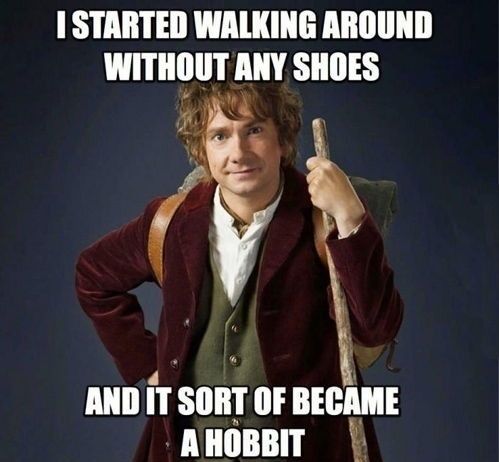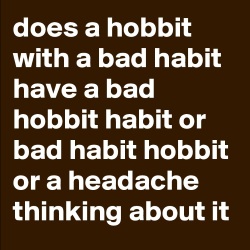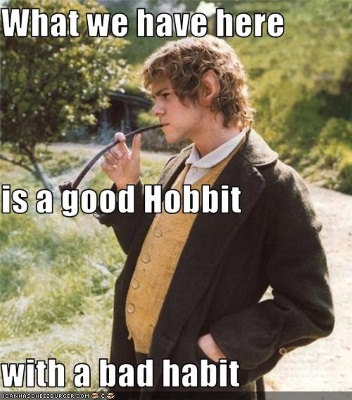
Habits: Make or Break You
What you do defines you. Or maybe defines what you have decided to become.
However, it is not just what you do in your performance, but more importantly what you do in preparation and just prior to performance. During the season, each XC runner spends about 20 minutes a week competing, or about 1/3 of an hour. That leaves 167 2/3 hours remaining, or just over 10,000 minutes. What you do those 10,000 plus minutes more or less define your performance. During those minutes, we are engaged in habits, rituals and routines. Today we will look at the first on the list.
Habits! Good or bad, they are what define you about as much as anything, including your DNA. They make you who you are or they break you down, keeping you from becoming what you are. The "negative side" of habits is that we usually notice the bad habits and cast blame on our failures to them, but rarely do the reverse and attribute our successes to our good habits. So let's look at the "good" first, before we look at the bad (and the ugly).
Habits are what you have done so many times that you perform your actions practically without thinking about it. More or less, you are reacting rather than thinking and taking action. An all-star NBA player like Damian Lillard doesn't really think about all of the muscular actions needed to dribble a basketball, or even a between the legs dribble. For our running, we need to practice our drills so many times properly while thinking about perfect form so that we can do it in competition perfectly without really thinking about it. For developing technical skills, we need to think about it during practice, and form other activities outside of practice to reinforce those skills. So work on your foot strike when you are walking up the stairs, leaning forward on your forefoot while standing at the bus stop and having proper posture while sitting in class or watching TV. Again, we usually don't think about the good things we do to practice success as "habits."
So, here are some of the good habits we need to make sure we develop and do not forget. Running things: Bringing water bottle every day. Bringing sweats even the days you don't need them. Doing your cool down automatically after each quality workout or race. Non-running things: Put your keys in the right spot. Doing a head check before backing out of the driveway.
As opposed to skill habits, there are other lifestyle habits. Usually these are habits we develop that become "bad habits" and usually disrupt our performance potential. These bad habits usually trend to lead us into breaking those type of Laws we talked about in lesson #1. How about doing a head check here to look at the runner behind you? What law does that break? Let's take a look at another law, one that you probably don't want to know about.
The law of Circadian Rhythm. A Circadian Rhythm is "any biological process that displays an endogenous, entrainable oscillation of about 24 hours." Wow! What does that mean? Your body, by its nature, has an internal inclination to go through a cycle in a 24 hour period. Well, that is great, isn't it? Not when we do things to disrupt this natural cycle. What I am referring to is staying up later on Friday and Saturday nights and sleeping in on the weekends. I told you that you probably didn't want to hear what lifestyle habits we have that can hold us back.


